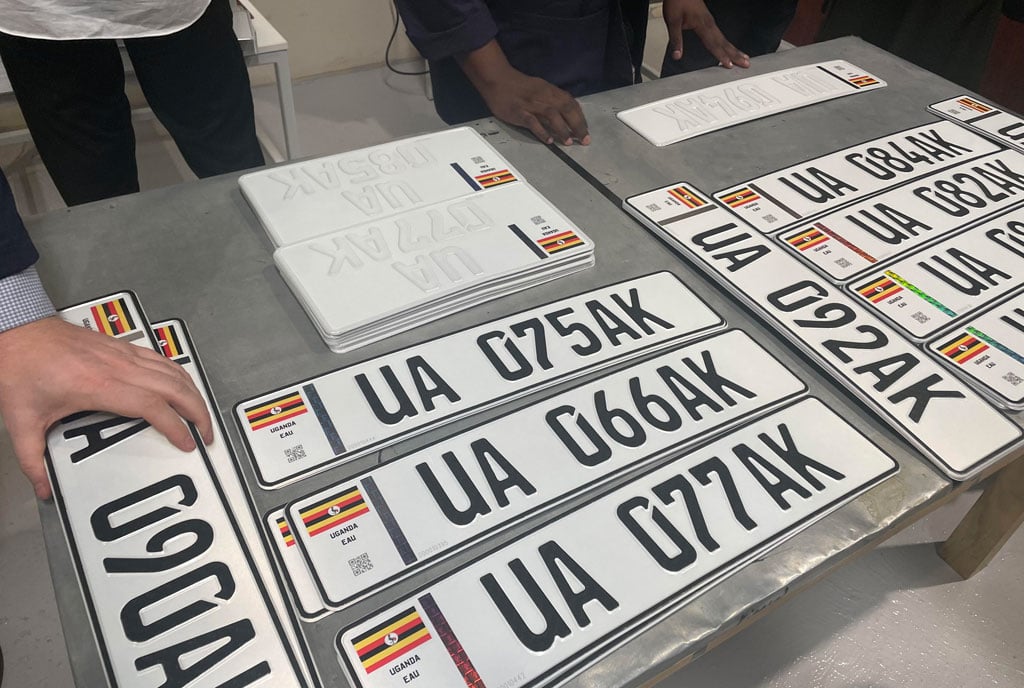Prime
Address self-medication as urgent health concern

A woman prepares to take medication. Under and over doses are common during self-medication. PHOTO/ABUBAKER LUBOWA
What you need to know:
The issue:
Self-medication.
Our view:
NDA and Ministry of Health have a great role to play in the regulation of self-medication, but this will require the public to become more responsible.
The country is facing many public health challenges that should be addressed, and self-medication is one of them.
Self-medication, according to health experts, is the practice of obtaining drugs without a prescription from the doctor/qualified health practitioner, resubmitting old prescriptions, exchanging medications with family or friends, or using leftover medications stored at home to treat self-identified disorders or symptoms.
This practice is contributing to rising antibiotic resistance and it introduces avoidable risks which may include death or producing a child with birth defects.
Several studies in the country put the prevalence of self-medication at somewhere between 64 and 80 percent, signalling that the vice is widespread.
Specific studies among medical students of Kampala International University (report by Jemimah Daudah) and another study among students of Mbarara University of Science and Technology (report by Faith Niwandinda and colleagues) found that the prevalence of self-medication was 70 percent and 65 percent, respectively.
Researchers give different reasons as to why people self-medicate. Some people are practicing self-medication because of the convenience, its low cost (no payment for consulting the doctor or undergoing laboratory tests) and some people live far away from health facilities that doctors who should prescribe the medication or cannot travel to the distant facility because of poverty/lack of money.
The risk with self-medication is that many are treating wrong disease because they didn’t undergo required laboratory tests to determine the actual illness, and for pregnant women, the risk is even higher because it can affect the unborn baby and cause birth defects.
The expanding practice of internet-based antibiotic self-medication is another public health concern as people rely on information they get from the internet to determine their illness and then go ahead to buy medicines to treat themselves.
Researchers say this increased astronomically during the Covid-19 pandemic, especially when no one, even doctors, appeared to be sure about the treatment for the disease.
In the KIU study among 196 medical students, 95 (49.2 percent) got information about self-medication from friends and family members, the majority used strong pain relievers to self-medicate, and pharmacies/drug stores were the most common source of drugs used in self-medication, as suggested by 143 (74 percent) students.
The National Drug Authority (NDA) and Ministry of Health have a great role to play in the regulation of self-medication, but this will require the public to become more responsible to avoid the vices.




